|
There are many Canadian stereotypes that aren’t true. We’re not all hockey fans. Not all of us drink beer or love poutine. Tim Hortons may not be our coffee of choice. And sorry, but we’re not always overly apologetic. There is one stereotype, however, that I would acknowledge is an accurate reflection of Canadians – our obsession with weather. Virtually every Zoom call I’ve been on over the last year almost always starts with a discussion about the weather in each participant's region. We’re a big country with vastly different geographies and at this time of year that means sunny, humid weather in parts of the country while others are experiencing snow – as was the case Friday in parts of Ontario, only a few days after thermometers had hit 30.
In keeping with this Canadian obsession, I’ve pulled some great weather-related stories from across the global network of The Conversation – recently published articles and a few from our archives. And regardless of the weather, the weekend is always a great time to listen to The Conversation Weekly podcast.
Stay warm…or cool…this weekend and we’ll be back in your Inbox on Monday.
|
Weekend Weather Reads
|
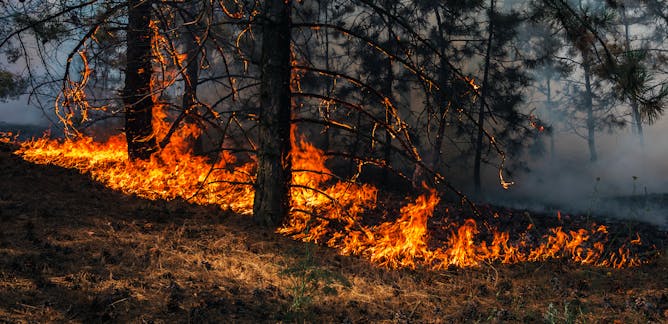
Mark Maslin, UCL
A future of heat and strife or humanity’s finest hour – our response to climate change today will define the 21st century.
| |
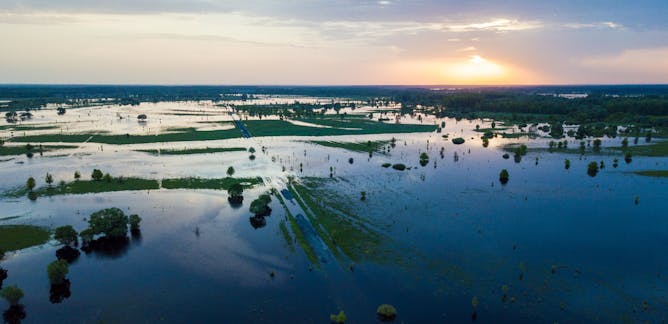
Friederike Otto, University of Oxford
It is not the case that all extreme weather events are being made stronger or more frequent.
|
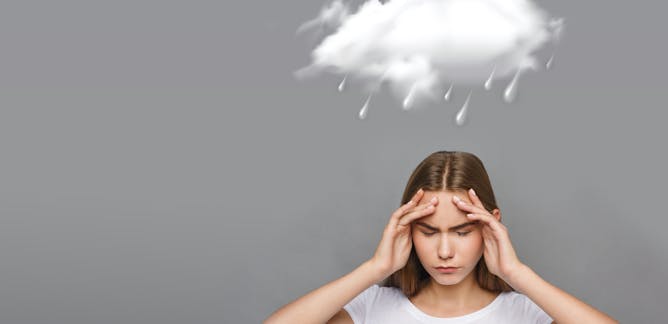
Amanda Ellison, Durham University
Barometric pressure headaches are often the result of pressure changes in our sinuses.
| |
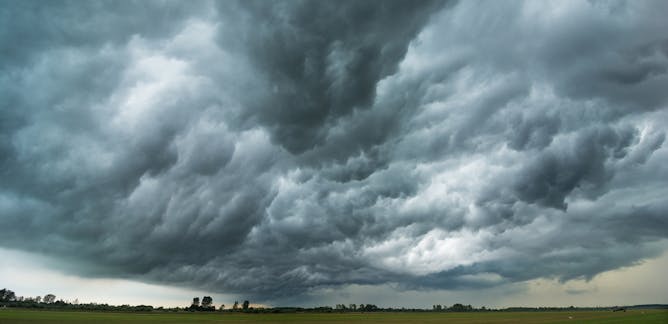
Anne Lawrence-Mathers, University of Reading
How science has been used to predict wind and rain for over 1,000 years.
|

Jennifer Weeks, The Conversation
With the onset of spring come thunderstorms, and sometimes tornadoes. Learn how these systems form and why night tornadoes are especially deadly.
| |
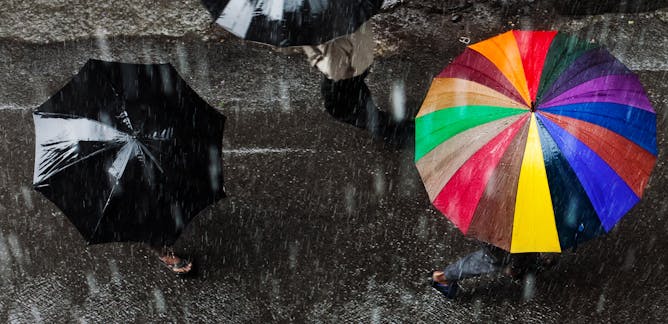
Jeffrey B. Halverson, University of Maryland, Baltimore County
Some rainstorms drench you in a second, while others drop rain in a nice peaceful drizzle. A meteorologist explains how rainstorms can be so different.
|
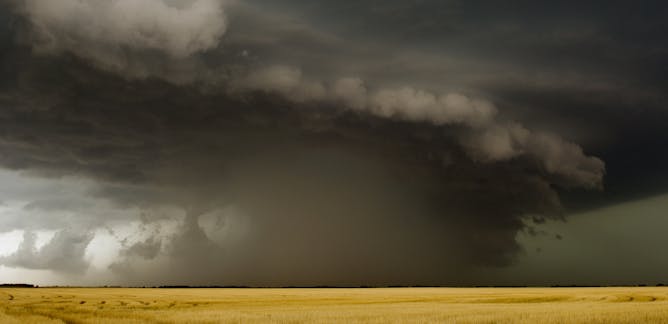
Russ Schumacher, Colorado State University
Hurricane and tornado winds spin in circles, but there's another, equally dangerous storm type where winds barrel straight ahead. They're called derechos, and are most common in summer.
| |
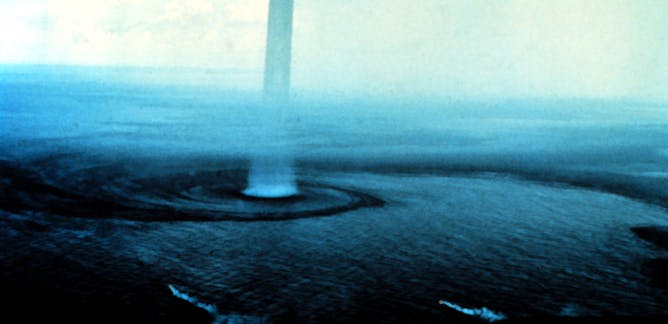
Dean Narramore, Australian Bureau of Meteorology
While land tornadoes are associated with huge supercell thunderstorms, waterspouts can form during smaller storms or even just showers or the presence of the right kind of clouds.
|
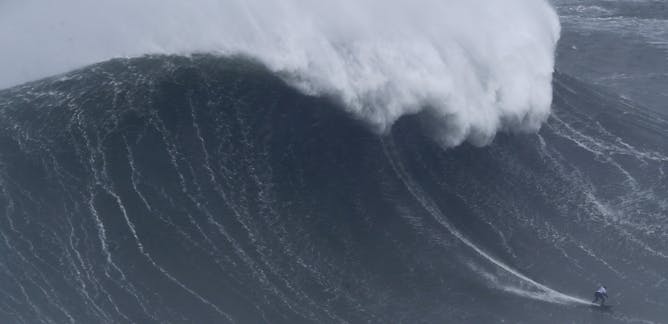
Sally Warner, Brandeis University
Some beaches in the world tend to consistently produce huge waves. Places like Nazaré Canyon in Portugal and Mavericks in California are famous for their waves because of the shape of the seafloor.
| |
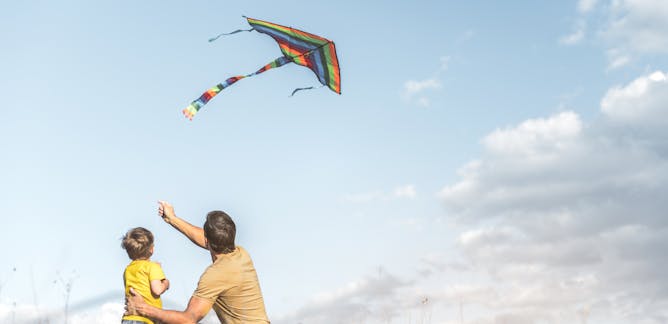
Hannah Bloomfield, University of Reading
It's hard to believe, but big storms and hurricanes are caused by tiny particles moving around in the atmosphere.
|
|
|
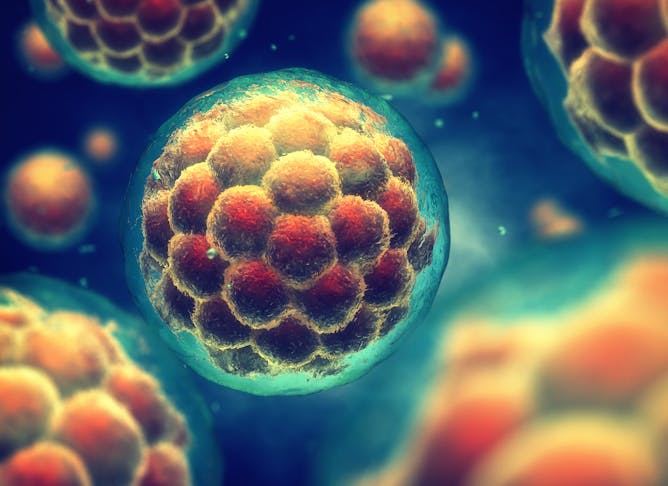
Illustration of an early stage human embryo.
nobeastsofierce via Shutterstock
Gemma Ware, The Conversation; Daniel Merino, The Conversation
Plus, how a new wave of South African romcoms is reimagining Johannesburg. Listen to episode 17 of The Conversation Weekly podcast.
|